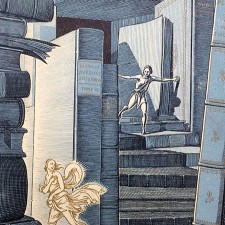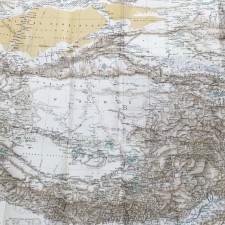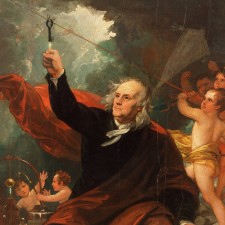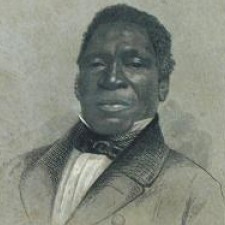Many people don't realize that Harriet Beecher Stowe's "Uncle Tom's Cabin" was based on the true story of a former Maryland slave, Joshiah Henson. Born into slavery at Port Tobacco, Charles County, Maryland, Henson lived and worked on a plantation in what is now North Bethesda (Rockville), a few miles from the Capital beltway. Henson was a powerful figure in his own right. His story is that of the underground railroad, finding refuge and freedom in the Dawn settlement in Canada, and devoting his life to abolitionism and his new community. Henson went on to serve as an officer in the British...




